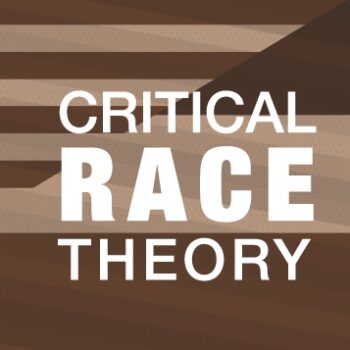Here I will summarize the main views of Heraclitus on cosmology and epistemology before laying out the parallel ideas of Laozi in the post of Heraclitus and Laozi (3). I will add reflections on Heraclitus’ view of ethics in a later post or a later update to this one.
Heraclitus: A self-created law-like cosmos
In Heraclitus’ view, the cosmos is a self-created whole. As he notes: “The ordering, the same for all, no god nor man has made, but it ever was and is and will be: fire everlasting, kindled in measures and in measures going out” (Kahn, F 38).
Three points are significant here: 1) the ordering is self-ordered; 2) the ordering is eternal; 3) the ordering is law-like (“kindled in measures….”).
Elemental flux
The fire analogy here also draws attention to the idea of flux so identified with Heraclitus. The fire burns wood (earth), which creates smoke (air). Similar motifs to these are plentiful in Heraclitus. “The death of fire is the birth for air, and the death of air is birth for water” (Kahn, F 41). Smoke rises from the extinguishing fire. Condensation gathered in storm clouds brings rain. There is a flux in this self-order system, but one that Heraclitus again and again emphasizes is law-like. The fire “kindled in measures and in measures going out” is suggesting the ordered regularity to the change in the elements.
Elemental flow
The most famous phrase of Heraclitus is that “you cannot step in the same river twice.” While scholars might dispute the details, it is important that we at least interpret this in light of the fuller quote that it comes down to us with. “One cannot step twice into the same river, nor can one grasp any mortal substance in a stable condition, but it scatters and again gathers; it forms and dissolves, and approaches and departs” (Kahn, F 51).
Objects are not in a stable condition. A tree is always changing. We know this today from cell biology. But Heraclitus already had a proto-typical idea of elemental change that went on. And we can see the tree can catch afire and transform. In Heraclitus’ view this transformation scatters and gathers.
Ordered change
As Heraclitus even more clearly states elsewhere: “There is a certain order and a fixed time for the change of the cosmos in accordance with some fated necessity” (Kahn, F 43b).
Heraclitus is pointing even to a position of determinism, or fate, in accordance with the logs that aligns with that of the early Stoics, who appropriate it from him. However, it is not entirely clear if the cosmos is fully or “loosely determined.” Might it be that not every detail of that universe is determined, but that only general laws and trajectories are? In any case, general laws and trajectories certainly are.
A unified cosmos
This cosmos, steered in accord with fated necessity, is a unified whole of complimentary oppositions in which process is fundamental. “Graspings: wholes and not wholes, convergent divergent, consonant dissonant, from all things one and from one thing all” (Kahn, F 124). Heraclitus can be viewed as a Proto-Hegelian. The cosmos is one whole. Yet, it does not for that eliminate all change or all distinctions within the whole. At the very least the elements at play as substances undergo change retain their integrity in the homeostatic, law-like system: Fire, air, water, earth. Individual objects, in the course of their emergence and dissolution, transmigrate through these elemental changes, according to the law of cosmic justice.
Complimentary oppositions
The last quote already hints at the complimentarity of oppositions in a whole. Conflict, on an elemental level, between fire, water, earth and air, is the woven the fabric of the universe. As Heraclitus famously notes: “Conflict is Justice” (Kahn, F 67).
The logos and human reflective reasoning
The cosmos expresses an inner-logic. And while Heraclitus thinks the mass of men are fools and do not see this order, he does think that all humans have the potential for right thinking. “It belongs to all men to know themselves, and to think well” he notes (Kahn, F 29). In contrast to the view we will see in Laozi, the reality is not grasped through a spiritual intuition. It is to be understood through the use of reflective reasoning. The spark of the divine in the human (the soul) allows an understanding of the divine natural order of which the human is a part.
